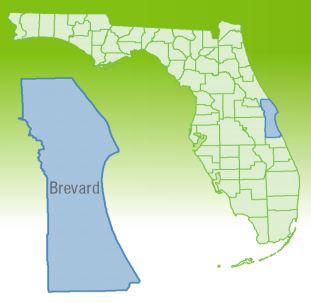7 Steps for Baby Boomers
7 Steps for Baby Boomers to Secure Their Financial Future
Run a retirement calculator. As Boomers approach retirement age many have no idea whether they'll actually be able to afford to retire since less than half of them have run a retirement estimate. Fortunately many employers offer tools like Financial Engines Schwab's GuidedChoice or our own retirement estimator that provide a projection of your retirement income and how much more you may need to save to achieve your goals.
Don't forget to factor in health care costs. With Fidelity estimating that a 65-yr old couple will need $220k on average to cover health care costs in retirement medical expenses will be a big part of that calculation. This is even more true if you plan to retire before you qualify for Medicare at age 65 since you may have to foot the entire bill. If you don't have access to retiree health care coverage you can purchase insurance on the new exchanges without having to worry about pre-existing conditions and depending on your taxable income you may also qualify for tax subsidies that can significantly reduce your cost of insurance.
Catch up on tax-advantaged savings plans. The bad news is that less than 30% of Boomers are on track for retirement. The good news is that they are generally in their peak earning years many are empty nesters and some have even paid off their mortgages so this can be a great time to make up for lost savings. If you turn 50 or older this year you can take advantage of catch-up provisions in tax-advantaged retirement accounts. For your employer-sponsored plan this means you can save an additional $5500 on top of the standard $17500 IRS limit for 401(k) or 403(b) deferrals. For an IRA you can deposit an additional $1000 on top of the standard $5500 IRA contribution limit for 2014. (If you neglected to contribute to an IRA last year there's still time since you have until 4/15/14 to make your 2013 IRA deposit.) If you're eligible to contribute to an HSA and are age 55 or older you can contribute an extra $1k in addition to the $3300 limit for individuals and $6550 limit for families in 2014. (HSAs can be used tax-free for qualified medical expenses and penalty-free for any purpose after age 65.)
Consider alternative retirement strategies. If you don't have enough time to save for your retirement goals you may want to think about other ways to supplement your retirement income or reduce your expenses in retirement. Some options include working in retirement paying off your mortgage downsizing purchasing an immediate annuity moving to an area with a lower cost of living (maybe even overseas) and getting a reverse mortgage.
Downshift your investment strategy. If you have accumulated a hefty retirement account balance you may find that your investment earnings outweigh your contributions so a good investment strategy is crucial. While the recent performance of the stock market may make it tempting to be more aggressive or take gains and get out of the market altogether neither market timing approach has been shown to be consistently successful in the past. Instead you'll want to maintain a balanced portfolio that gradually becomes more conservative as you get closer to retirement. This is easiest with a target retirement date fund which is a one-stop shop that does that automatically and is increasingly available in employer-sponsored plans. For a more customized portfolio you might be able to get face-to-face financial advice or guidance through your employer or by hiring your own financial advisor.
Don't let education expenses jeopardize your retirement. Before raiding your retirement accounts to help children or grandchildren you might want to consider ways of minimizing college costs and explore all the options for low cost student loans. If you can afford to help with college bills without hurting your retirement IRAs can be used penalty-free for qualified education expenses and appreciated stocks can be gifted to a child and taxed at the child's capital gains rate when they sell it (unless they're subject to the kiddie tax).
Protect your wealth. College costs aren't the only threat to your retirement assets. After not saving enough for retirement lack of wealth protection was the Boomers' biggest vulnerability. Whether you're already on track for retirement or feel you don't have much wealth to protect you should make sure you have adequate liability and long term care insurance. Otherwise a single lawsuit or nursing home stay can wipe out a lifetime of saving and investing. Long term care insurance is particularly important to purchase before age and deteriorating health could make it unaffordable.
Source: Financial Finesse
Reprinted with permission from RISMedia. ©2014. All rights reserved.






